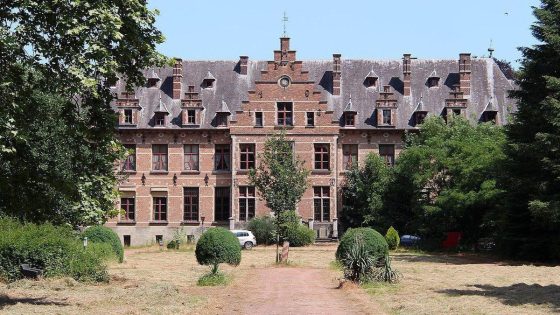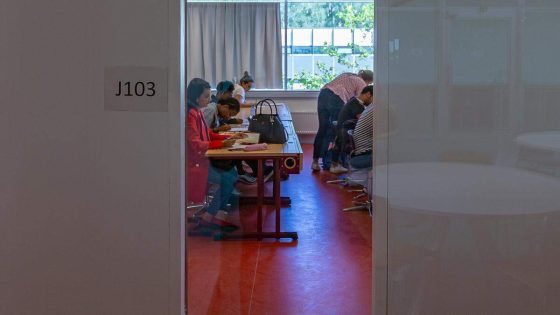The recent crackdown on synthetic drug production in Belgium highlights the growing challenge of combating organized crime. On 2025-05-15 19:08:00, authorities revealed a major operation targeting a well-organized criminal network involved in manufacturing and selling synthetic drugs across Limburg and surrounding areas.
- Police uncovered large synthetic drug network.
- Federal police led investigation with local support.
- Used rental cars, short-term drug locations.
- Coordinated raids hit 15 locations simultaneously.
- Seized active amphetamine lab and weapons.
- Seven suspects arrested, linked to Belgium-Netherlands.
Initially investigated by the Kempenland police zone, the case quickly escalated to the federal judicial police (FGP) of Limburg. This shift came after uncovering links to a larger, flexible criminal organization using rental cars and short-term locations to avoid detection.
What does this mean for local communities and law enforcement? The following summary sheds light on the significant impact of this coordinated effort and its implications for Belgium’s ongoing fight against synthetic drugs.
How do authorities stay ahead of such adaptable criminal groups? This operation demonstrates the importance of collaboration and advanced tactics in fighting drug crime. Key takeaways include:
- Use of rental vehicles and temporary sites to minimize detection risks
- Strong cooperation between local police zones and federal agencies, plus Europol support
- Discovery of multiple labs producing amphetamines, MDMA, and cannabis
- Arrests of Belgian and Dutch suspects, signaling cross-border criminal ties
As investigations continue under the FGP Limburg’s leadership, will these efforts deter future drug manufacturing? Ongoing vigilance and community support remain crucial to safeguarding Belgian neighborhoods from synthetic drug-related crime.

































